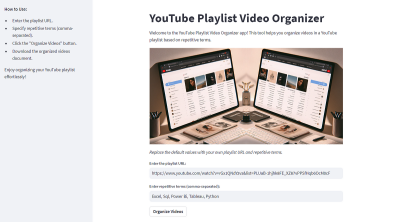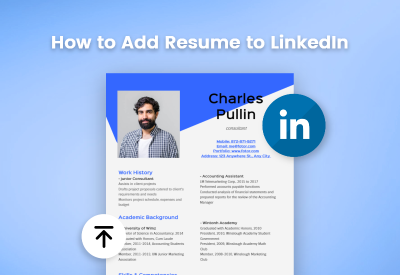In the world of "Attack on Titan," Eren Yeager stands out as a complex and evolving character. As the series progresses, his motivations become increasingly intricate, especially concerning the controversial Rumbling. Fans often debate whether Eren genuinely wanted to unleash this devastating event. This blog post aims to dissect Eren’s motivations, exploring how his character development shapes his choices, leading to an understanding of whether he would truly embrace the calamity of the Rumbling.
Understanding Eren's Character Development
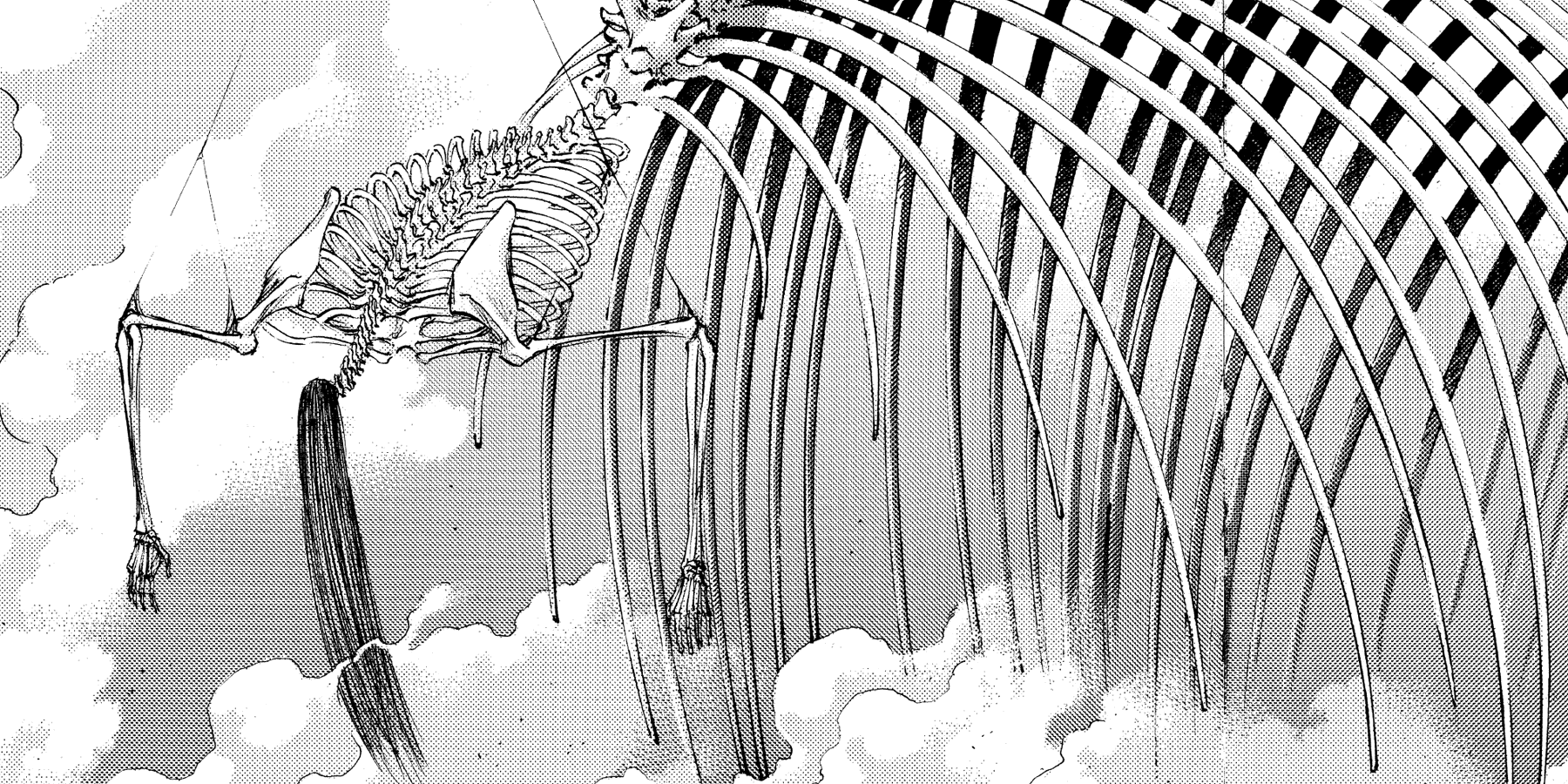
Eren Yeager’s journey is one of significant transformation. At the start, he is portrayed as a passionate youth, driven primarily by a desire for freedom and revenge against Titans for the trauma they caused his family. However, as the series unfolds, a deeper complexity emerges. Here are some of the pivotal stages in Eren's character development:
- Naïve Idealism: Initially, Eren believes that simply defeating the Titans will bring peace and freedom to his people. His dreams of adventure and heroism paint a portrait of youthful optimism.
- Trauma and Despair: The shocking revelations about the Titans’ true nature and the burdens of his powers lead Eren to confront a harsh reality. This intertwining of trauma with a desire for vengeance marks a turning point.
- Radicalization: As the series progresses, Eren transforms from a hopeful liberator to a more morally ambiguous figure. The brutal choices he faces compel him to reevaluate his understanding of freedom and the lengths he is willing to go to achieve it.
- Acceptance of Power: Eren eventually embraces his role as a titan shifter, leading to a sense of isolation but also a renewed purpose in his quest. The culmination of his journey presents him with a choice: to liberate his people at any cost.
This character evolution is crucial to understanding Eren’s motivations in relation to the Rumbling. His initial ideals crumble under the weight of his experiences, prompting a journey driven not just by vengeance, but also by a complicated sense of destiny.
The Context of the Rumbling
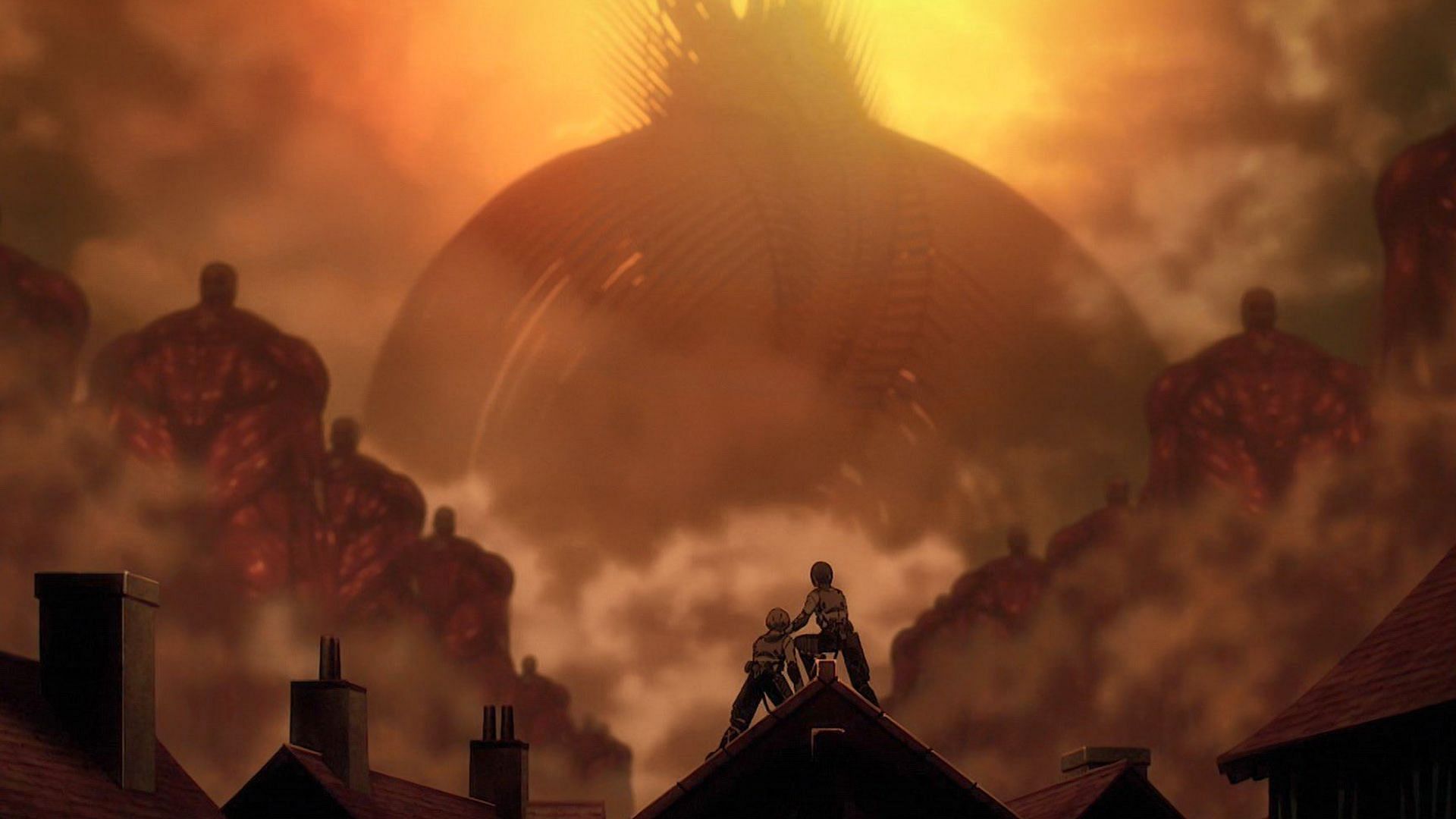
To truly grasp Eren Yeager's decision-making around the Rumbling, we need to dive into the world of Attack on Titan and the socio-political landscape that surrounds it. The Rumbling is a catastrophic consequence of Eren's desire to protect his friends and the remaining populace of Paradis Island from both internal and external threats.
In the years leading up to the Rumbling, the world outside Paradis Island is filled with hatred and fear toward the Eldians. The Eldians are demonized for their ancestry, and the ongoing conflict creates a cycle of violence that feels inescapable. Amidst this backdrop, Eren's actions can be seen as a desperate response to a world that continually seeks the downfall of his people.
In addition, the history of the Titans plays a critical role in shaping Eren's context. After discovering the truth behind his powers and the Titans, Eren becomes aware that controlling the colossal Titans held within the walls is one of the last measures to preserve his way of life. Moreover, the political machinations of the Marleyans, who ruthlessly suppress the Eldians, further intensify Eren's feelings of isolation and urgency. It's almost as if Eren sees no other solution to safeguard his friends and the Eldians than to initiate the Rumbling.
So, when Eren finally takes that monumental step, it becomes clear that the context of the Rumbling is set against a backdrop of fear, self-preservation, and an overwhelming desire to protect those he loves—even if it means unleashing a wave of destruction.
Eren's Motivations and Beliefs
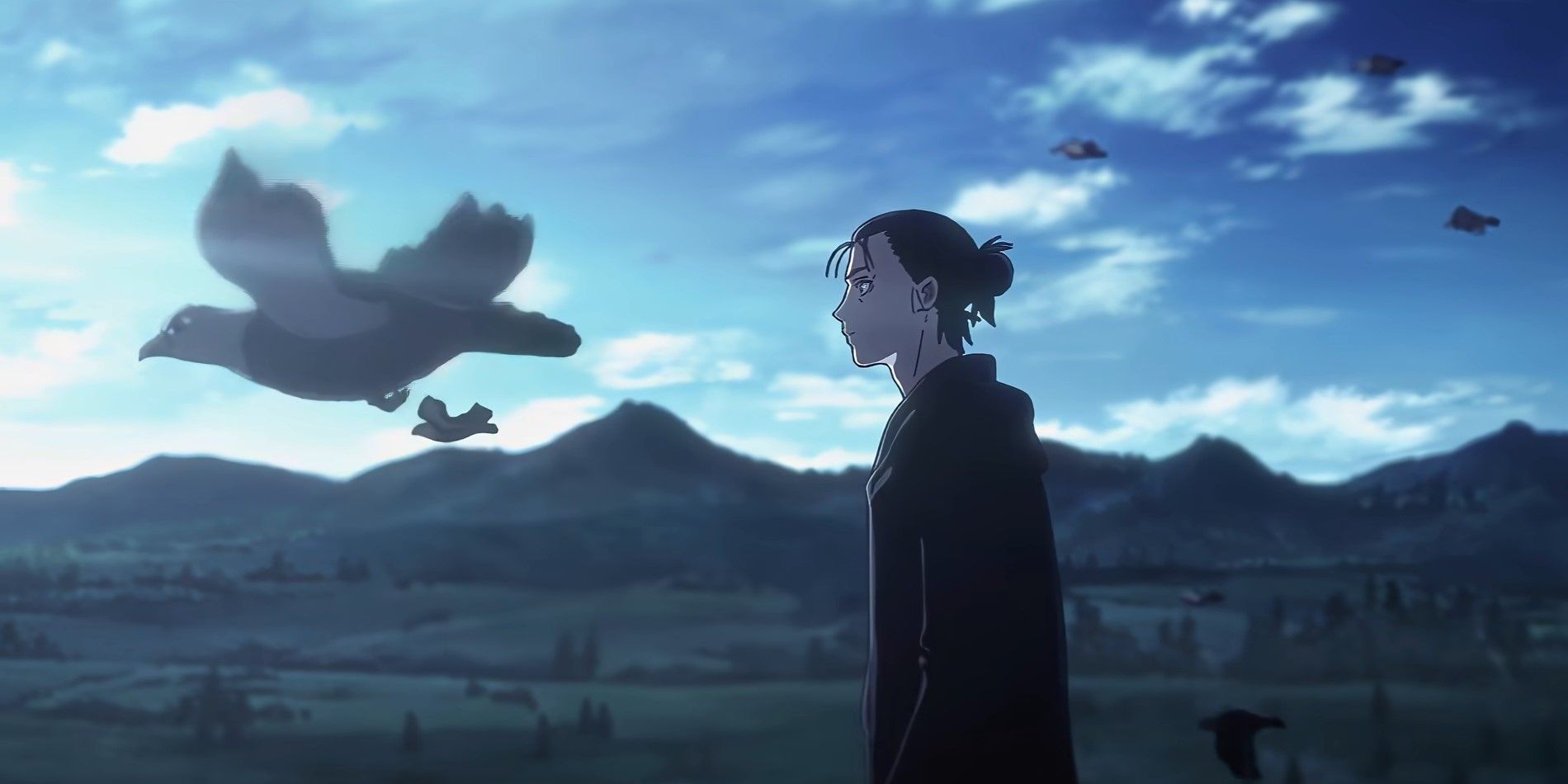
Eren Yeager’s motivations are complex and evolve significantly throughout the series. Initially, he dreams of freedom—freedom from the walls that confine him and from the Titans that gobble up his friends and family. This foundational desire is deeply rooted in a quest for agency and the hope that someday, Eldians can live unencumbered by their dark past.
However, as Eren gains insight into the world beyond Paradis Island, his motivations begin to shift. Here are a few key motivations and beliefs that drive Eren’s actions:
- Protecting His Friends: Above all, Eren's love for Mikasa, Armin, and the others is a primary motivation. He feels an immense responsibility to shield them from harm, even if it means making choices that might seem cruel.
- Breaking Free from Fate: Eren learns about the curse of the Titan and becomes determined to break the cycle of hatred and vengeance that binds Eldians. He believes the Rumbling could potentially eradicate future threats.
- Desperation vs. Determination: As the world views Eldians as monsters, Eren begins to accept that transformative actions—like the Rumbling—are necessary to assert Eldian power and safety, despite the moral ambiguity of those actions.
Ultimately, Eren's beliefs and motivations become intertwined with the harsh realities of the world he inhabits. His transition from a hopeful boy to a figure whose decision to enact the Rumbling raises ethical dilemmas challenges viewers and readers to ponder the true nature of freedom and sacrifice. In the end, his choices reflect not only his deeply personal struggles but also the broader themes of oppression and survival that permeate the narrative.
The Role of Trauma in Eren's Choices
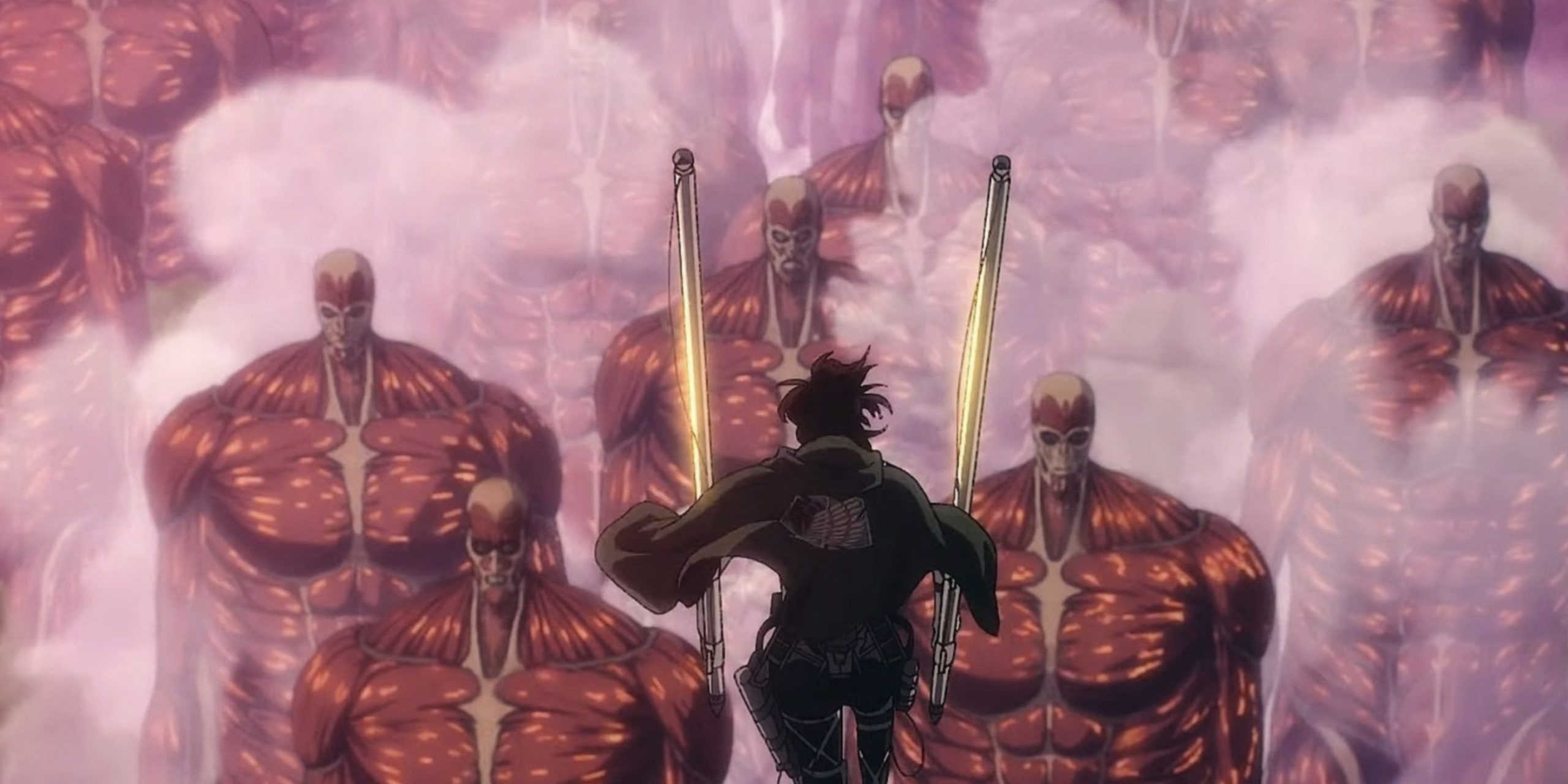
When we think about Eren Yeager from "Attack on Titan," it's hard not to consider how trauma shaped his decisions throughout the series. Eren's journey is not just about battling titans; it’s deeply intertwined with his experiences of loss, betrayal, and fear.
From a young age, Eren faced immense trauma—witnessing the brutal death of his mother and the destruction of his hometown instilled a sense of anger and helplessness in him. This pivotal moment ignited a fire within him to seek revenge and freedom. But as the story unfolds, we see that these early traumatic experiences aren't isolated; instead, they are the foundation upon which his entire worldview is built. Eren’s trauma acts as a catalyst, pushing him to take drastic actions, including the controversial decision to initiate the Rumbling.
Moreover, Eren’s trauma is compounded by the weight of his inherited memories. As a holder of the Founding Titan, he gains access to the collective trauma of his ancestors and their struggles against oppression. This interconnected pain intensifies his sense of urgency to act, leading him to believe that extreme measures, such as the Rumbling, are not only justified but necessary.
Key Points to Consider:
- Loss of Loved Ones: Eren’s mother's death is a significant trauma that motivates his actions.
- Collective Trauma: Inherited memories heighten his sense of urgency and desperation.
- Desperation for Freedom: His trauma leads to distorted views on freedom, equating it with destruction.
Impact on Relationships and Allies
Eren's choices, particularly surrounding the Rumbling, had profound effects on his relationships and how his allies viewed him. Initially, Eren is seen as a determined and passionate leader, someone willing to risk everything for freedom. However, as his motivations shift, so do the dynamics with those around him.
For instance, his childhood friends, Mikasa and Armin, are deeply affected by his choices. Mikasa, who has always been fiercely loyal to Eren, struggles with her understanding of his new path. The bond they share becomes strained as she grapples with the reality of his willingness to bring catastrophic harm to achieve his aims.
Similarly, Armin, who often acts as the moral compass within the group, is confronted with an unbearable dilemma—support Eren's drastic plans or oppose his best friend. This conflict creates a rift, forcing characters to confront their values and what they stand for. As a result, relationships that were built on trust and camaraderie begin to fracture.
Impact Highlights:
- Strained Friendships: Eren's decisions push Mikasa and Armin to question their loyalty.
- Division Among Allies: The group experiences a schism, choosing sides based on their beliefs.
- Legacy of Choices: Eren’s path raises ethical questions that linger even after his actions.
Ultimately, while Eren’s choices might be rooted in trauma, they ripple through the lives of those he cares most about, reshaping the futures and relationships of all involved.
7. Philosophical Implications of Eren's Actions
Eren Yeager's journey in "Attack on Titan" is not just a tale of survival or rebellion; it's a profound exploration of morality, freedom, and the nature of humanity. When we analyze his decisions, particularly the drastic choice to initiate the Rumbling, several philosophical implications emerge.
One major question arises: *What does it mean to be free? For Eren, freedom became synonymous with eliminating threats to his people. However, this begs the question—can true freedom be achieved through violence and destruction? Eren's actions suggest a utilitarian approach, where the ends justify the means, leading to the annihilation of countless lives.
Another critical aspect is the examination of the concept of "the greater good." In his eyes, sacrificing millions was a necessary evil to ensure the survival of his friends and the Eldians. This presents a moral dilemma: should one individual's or a small group's well-being ever take precedence over the larger collective? Eren's choice challenges us to reflect on our values and what sacrifices we are willing to make in the name of safety and freedom.
Moreover, Eren’s transformation raises questions about destiny versus free will. His actions appear to be driven by a sense of fatalism—almost as if he was fated to commit these atrocities to achieve his goals. Does that mean Eren truly had a choice, or was he merely a pawn in a larger game? These philosophical considerations give depth to Eren's character, prompting viewers to contemplate the moral complexities that define the human condition.
8. Conclusion: Eren's True Intentions
By the end of "Attack on Titan," understanding Eren Yeager's true intentions becomes a complex puzzle, filled with ambiguity and shades of grey. From the outset, Eren's primary motivation seemed clear: to protect his friends and secure a future for the Eldians. But as the series progresses, his methods and the paths he chooses complicate this notion significantly.
Eren’s journey embodies the struggle between self-preservation and destruction.* At his core, Eren is driven by an unwavering desire for freedom; however, the means he employs to reclaim it raise difficult ethical questions. It's pertinent to ask: did Eren genuinely believe the Rumbling was the only way, or was it an escape from the futility he felt against the world?
Moreover, as Eren evolves, his character reflects a transformation from a hopeful teenager to a figure synonymous with despair and chaos. While his desire to protect Paradis is genuine, the extent to which he goes raises doubts about whether he truly understands the cost of his ambitions. In this sense, Eren’s narrative serves as a cautionary tale about how power can corrupt and the lengths one might go to for the illusion of peace.
Ultimately, Eren's true intentions may never be wholly understood, leaving viewers with a haunting reminder: sometimes, our greatest conflicts arise not from our enemies, but from within ourselves. This complexity is what makes Eren Yeager one of the most compelling characters in anime history.
 admin
admin






